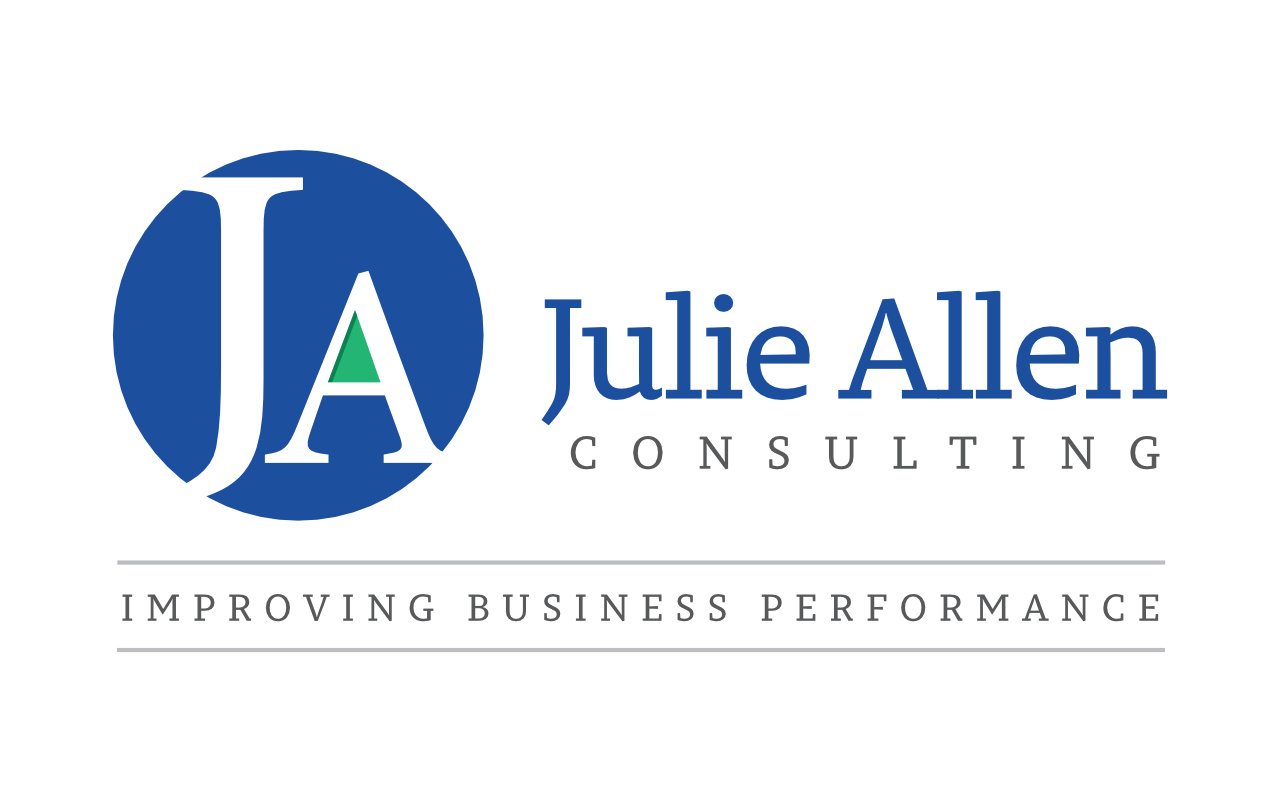Quiet Quitting
In the last few weeks, I have become increasingly aware of the term 'Quiet quitting' a concept growing in popularity due to a video posted on TikTok last month in which the TikTokker @zkchillin explains ‘You’re not outright quitting your job, but you’re quitting the idea of going above and beyond. You’re still performing your duties, but you’re no longer subscribing to the hustle culture mentality that work has to be your life – the reality is, it’s not.’
In practice, this means an individual will only perform tasks contained within their job description or contractual obligations, productivity is reduced as they are working within their contracted hours only, and they may choose to not attend meetings that they consider to be unproductive or attend but not contribute.
While the issue of employees being 'checked out' at work isn't a new thing Gallup's 2022 global workplace report shows that only 14% of European employees are engaged at work which is 7% lower than the global average (21%) and 19% lower than the U.S. and Canada (33%).
So what does this mean?
The 'Great Resignation' is now termed the 'Great Rethink' as many employees consider what they really want from work and how they want to live their life.
As a result of the pandemic, many have realised what is really important to them such as spending time with family and friends, participating in a hobby or daily practices that bring them joy and health benefits.
Living a purposeful life and looking for more purpose-driven work are now the top of the agenda for many.
Leadership skills, particularly Emotional Intelligence and the ability to create a psychologically safe space for people to work and thrive in are more important than ever. Leaders need to connect with their team, understand their emotions and what really matters to them.
Who is taking part in quiet quitting?
While many of those speaking out on social media are younger there are people of all ages participating in quiet quitting. The last two and a half years were tough for everyone and some have decided that their health is more important than working long hours and putting themselves under pressure.
What can you do?
First, consider who and what is important to you. If you are happy and fulfilled it is more likely that those around you will be. Are you participating in behaviours or actions that bring you satisfaction or are spending more time doing things that take you away from who and what is important?
If you are a leader, talk to your team members individually to understand what is important to them and what they need to be doing to feel fulfilled at work and live a purposeful life.
Having a similar conversation with the team discussing your shared purpose, what is getting in the way of this and what would move you closer towards it will also help to re-engage, motivate them and keep the focus on the things that matter.
How I can help you with this challenge?
Coaching individuals to overcome obstacles and live a more fulfilling life.
Emotional Intelligence assessments help individuals understand how they respond to emotional information and the impact that this has on them and others they interact with.
Employee engagement survey to understand levels of engagement and areas of improvement.
Psychological safety training helps leaders to set up the conditions for psychological flexibility and psychological safety by teaching them how to use both the ACT and the ProSocial Matrix with their teams.

